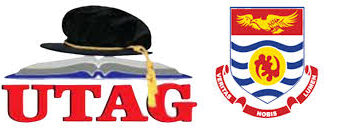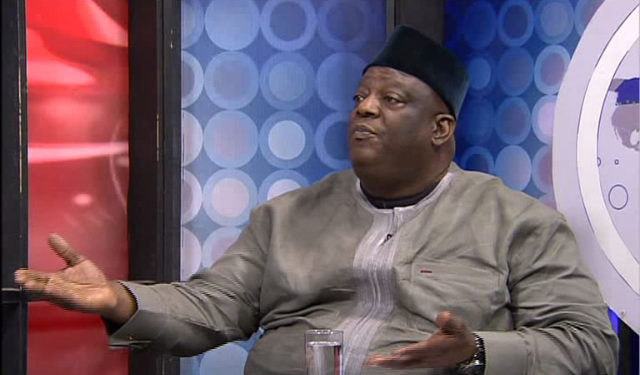Economist Joe Jackson is worried that the government’s planned new taxes and levies would disproportionately affect Ghanaians at the bottom of the economic ladder.
Although the taxes extend to all Ghanaians, he believes that they would be especially hard on the poor since the bulk of them use consumables and even small adjustments would have a huge effect on their personal finances.
As a result of the proposed increase in fuel costs, Joe Jackson said that the 30-peseta increment would impact the prices of products and services.
“When you impose a consumption tax, it hits the poor harder than it hits the rich because as a percentage of my income, fuel does not constitute that importance [but] when you go down the bottom of the ladder, transportation to work and back is a major headache. Every cedi increase causes you [the poor] more trouble, and it affects everything and everybody– the cost of food, the cost of drinks, everything.”
Read Also: Minority takes on government for blaming economy’s woes on COVID-19
In presenting the 2021 budget last week, the Government revealed the government’s plan of adding six new taxes, by way of the Minister of Finance Ossei Kyei-Mensah-Bonsu.
A COVID-19 Welfare Levy, a 1% rise in the National Health Insurance Levy, a 1% raise in the flat VAT fee, and a 30 pesewas increase in fuel prices to cover excess power ability charges [20 pesewas] and the Sanitation and Emission Levy [10 percent] are among these taxes.
A gambling tax, a survey of current road tolls, and a finance sector clean-up fee of 5% on profit before tax are among the others.
the fuel price increase is becoming a source of much discussion in the Ghanaian media, many people are worried that transportation costs would rise alongside the increase in fuel prices.
In Joe Jackson’s opinion, another method is to charge taxes on things such as land and expensive vehicles.
He said that, instead of imposing taxes that seriously impact the vulnerable, the Government should deliberately prioritize wealth and taxes on wealth.
“They [government] should tax wealth and not VAT,” he suggested.
Meanwhile, business journalist Toma Amihere, who was also on the Citi TV show, cautioned that Ghana’s debt level was worrying and that it remained a big stumbling block in the country’s growth.
He thinks the government can do enough to raise taxes from people that are expected to be paying them in order to relieve the vulnerable of extra tax burdens.
Source: ATLFMNEWSROOM


























